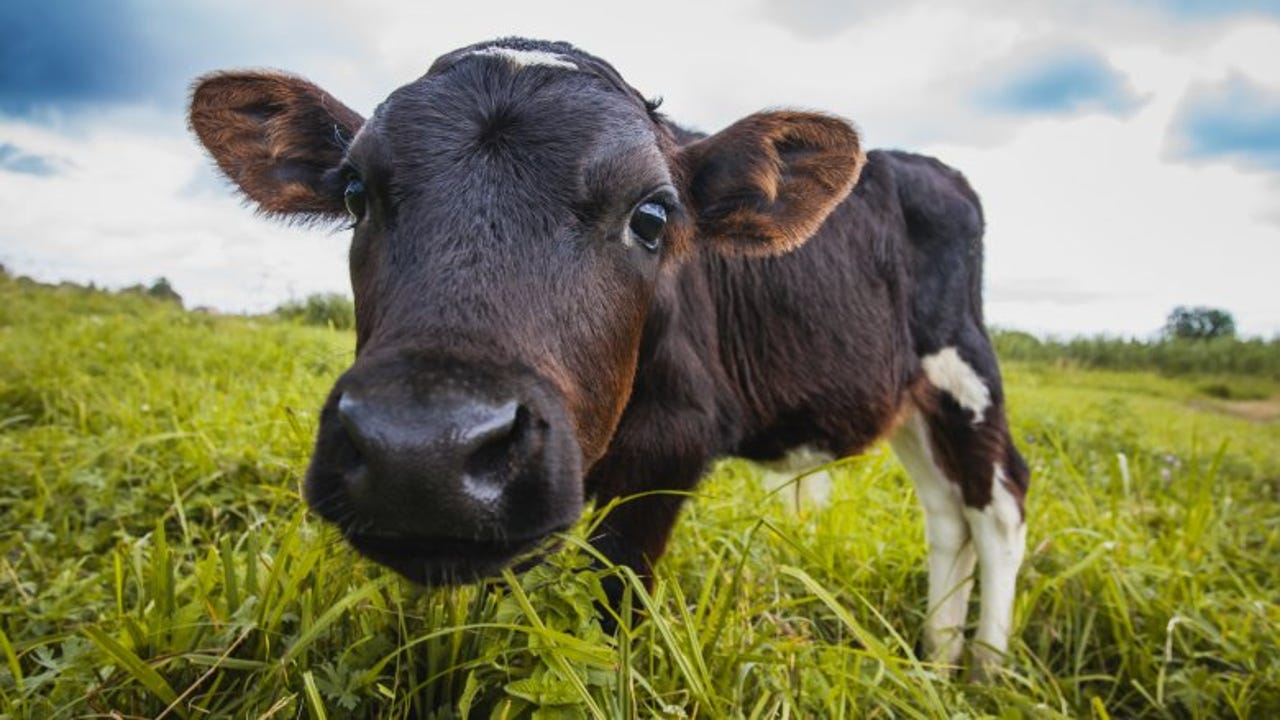Smart ear tags for cattle undergoes trials in Queensland


Ceres Tag, together with the Queensland government, James Cook University, Meat and Livestock Australia, and the Commonwealth Scientific and Industrial Research Organisation (CSIRO), are working together to make smart ear tags (e-tags) for cattle a commercially viable product in the market by the end of 2020.
The GPS and Bluetooth-enabled e-tags, which form part of a complete livestock information platform, rely on low-earth orbit satellites to allow farmers access to real-time information about the location, welfare, and behaviour of individual animals remotely, and detect the condition of the paddocks their cattle are grazing on.
The data collected via the e-tags will be accessible through an open platform, which means farmers would not require any additional infrastructure to take advantage of the system, Ceres Tag CEO David Smith said.
"Farmers don't need to do anything different to what they do now. They just purchase a tag, put it on the ear, go to their management software and start seeing the data. The whole idea is to automate the data so reports can be done automatically, decisions can be assisted in a timely manner," he said.
Smith said the smart e-tags will ultimately give farmers greater transparency around their livestock.
"It allows us to know when an animal is sold to a new owner – and most of the time they are – along the supply chain, then we can have that seamless communication and history of the animal. We're the only ones that can really keep that provenance," he said.
See also: Top 5 things to know about farm tech (TechRepublic)
He admitted a solution like this for cattle farmers had been a long time coming.
"We regularly get emails from farmers saying, 'We've been waiting 20 years for this. This is like a dream come true for us to be able to know this sort of information, to make life easier, to automate the data, to give the opportunity to improve everything we do from our social, environment, economics – the whole lot'," he said.
The smart e-tags, which were developed with AU$1.5 million in funding from the Queensland government, have already been trialled with 100 cattle in Queensland's Townsville and Fletcherview.
There are now plans to commence larger trials with 500 cattle at the start of next year.
Similar technology has been developed by a Nebraskan-based startup called Quantified AG. The startup developed what the its co-founder and CTO Brian Schupbach has dubbed as a "Fitbits for cows".
"The whole goal is to really monitor the temperature and activity patterns of these animals, and at the end of the day, come to a determination if they're healthy or sick," Schupbach said.
"This helps cattle operations with labor and costs -- and really treating animals that truly need to be treated, rather than kind of a guess-and-check game, which is what they're currently doing.
"Around one in five cattle actually end up getting sick when they're at a ranch or feed yard, which is a pretty high percentage. Humans are generally not very good at finding that... Even the best veterinarians are just about 60% accurate, and that's even using diagnostic tools like thermometers and stethoscopes and things like that."
Read more: Smart farming: How IoT, robotics, and AI are tackling one of the biggest problems of the century (TechRepublic)
After about four years of research and development, Quantified AG is preparing to launch its first commercial product later this year.
Meanwhile, back in 2013, Honest Beef was created to sell beef packs directly to consumers, with payments accepted only via direct payment or Bitcoin.
At the time, founder David Moloney told ZDNet the decision to launch Honest Beef was because he was unimpressed by the meat available in supermarkets where prices were high, but quality was low thanks to the time it took the meat to go through the supply chain.
"The idea is that the animal's still running around the paddock when you make an order. We don't store beef at all. We have no refrigeration, we have no nothing," he said. "We're cash-flow positive. We get paid before the animal's dead."